Consumer Reporting Agencies Can Be Held Liable For Inaccurate Information
It is important to remember that merely reporting inaccurate information does not make a credit reporting agency (CRA) liable under the FCRA. Rather, liability arises under two provisions of the FCRA.
First, a consumer can show that the CRA failed to follow reasonable procedures to assure the maximum possible accuracy of the information in a consumer report. Courts will apply a balancing test, weighing the potential harm of inaccurate information against the availability of more accurate information and the burden of providing such information. This can be difficult for a consumer to prove. Thus, suing a CRA solely for failure to follow reasonable procedures is not the preferred strategy in most cases.
Liability Of A CRA For Failure To Conduct Reasonable Reinvestigation Of Disputed Information
When a consumer disputes the accuracy of an item of information in the consumer’s file, the FCRA requires that the CRA either delete the information or conduct a reinvestigation of the information. The obligation to reinvestigate arises any time information is disputed by a consumer. It is not necessary for the consumer to have been denied.
A Consumer Reporting Agency’s Obligation To Reinvestigate Disputed Information
When a proper dispute is submitted by a consumer to a CRA, the CRA must conduct a reasonable investigation of the disputed information. The CRA must communicate with the furnisher of the information and provide the furnisher with information about the dispute.
To determine if a CRA’s investigation was reasonable, most courts apply a two-factor test. First, did the consumer alert the CRA that the source of the information may be unreliable; and second, the cost of verifying the information versus the possible harm to the consumer.
It is critical that the consumer provide the CRA with sufficient information and documentation to challenge the furnisher’s information. Otherwise, the CRA may rely solely on the furnisher’s verification of its information.
Time Period For Consumer Reporting Agency To Respond To Consumer Dispute
Generally, a CRA has 30 days from receipt of the consumer’s dispute in which to complete the reinvestigation. If the consumer sends additional information to the CRA during the 30-day period, a 15-day extension is given to the CRA.
If a consumer submits a dispute after receiving a free annual report from annualcreditreport.com, the CRA has 45 days in which to complete the reinvestigation.
If no response is received from the CRA within the mandatory time period, the consumer should send a follow-up letter, requesting that the disputed item be deleted or corrected.
Treatment Of Inaccurate Or Unverifiable Information
If the disputed information is found to be inaccurate or incomplete, or if it cannot be verified within the reinvestigation period, it must be deleted or corrected, as appropriate.
If the reinvestigation cannot be completed within the mandated time limits, the disputed information must be deleted. However, the information can be reinserted into the consumer report if the CRA is able to verify it later on.
Discuss Your Rights And Legal Options With An Experienced Lawyer
Contact my office The Law Office of Andrew M. Doktofsky, P.C., for a free consultation about your rights under the Fair Credit Reporting Act. You can call me at 631-812-7712 or fill out my online contact form.
This is a debt relief agency. I help people file for bankruptcy relief under the Bankruptcy Code.

